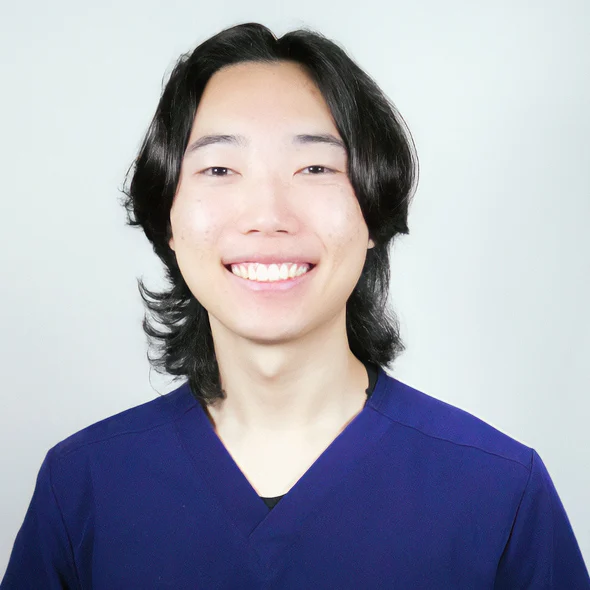What is the Thyroid Gland?
The thyroid is a small, butterfly-shaped organ located at the front of the neck, just below the jawline. It plays a crucial role in regulating metabolism, energy production, and overall body function.
This gland produces hormones that influence nearly every organ system, controlling how efficiently the body uses energy. When it’s not functioning properly, it can lead to various health issues, such as hyperthyroidism (overproduction of hormones) or hypothyroidism (underproduction of hormones).
Autoimmune Conditions: Hashimoto’s & Graves’ Disease
Two common autoimmune disorders that impact thyroid function are Hashimoto’s disease and Graves’ disease.
-
Hashimoto’s Disease: The immune system mistakenly attacks the thyroid, causing inflammation and leading to hypothyroidism. This condition is most common in women between the ages of 30 and 50.
-
Graves’ Disease: This disorder causes overactivity, leading to excessive hormone production. It’s most prevalent in women under 40.
Traditional Thyroid Treatments and Their Limitations
Disorders related to the thyroid are typically diagnosed by measuring hormone levels, particularly TSH, T3, and T4. However, these tests alone often don’t provide a complete picture of health.
A more thorough evaluation, including a complete gland panel (8-10 markers), is necessary to assess function and uncover underlying issues.
Functional Neurology Approach to Addressing Dysfunction
At NorCal Brain Center, we take a comprehensive, whole-body approach to addressing dysfunction. Our evaluation goes beyond standard hormone testing to assess additional factors that may be contributing to the problem.
Our Diagnostic Process Includes:
- A full panel to assess multiple markers and detect imbalances.
- Blood sugar regulation testing to identify metabolic dysfunctions that may affect health.
- Screening for viral or bacterial infections that can trigger autoimmune responses.
- Liver and kidney function assessment to determine how well the body processes hormones.
- A comprehensive neurological and metabolic exam to understand the broader impact on health.
This thorough analysis helps us create a personalized treatment plan that addresses the root causes, rather than just providing hormone replacement therapy.
Managing Dysfunction Effectively
Many patients do not experience full symptom relief from hormone replacement alone. Studies suggest that up to 90% may not respond optimally without addressing underlying autoimmune and metabolic issues.
Since many conditions are autoimmune-related, it’s essential to identify and manage triggers such as:
- Blood sugar imbalances that don’t meet the criteria for diabetes but still contribute to dysfunction.
- Food sensitivities (e.g., gluten, dairy, eggs) that provoke immune responses and worsen symptoms.
- Chronic inflammation that continues to cause damage if unaddressed.
Without tackling these root causes, symptoms may persist despite medication. Our functional neurology approach helps identify and treat these contributing factors, providing lasting relief and improved quality of life.







